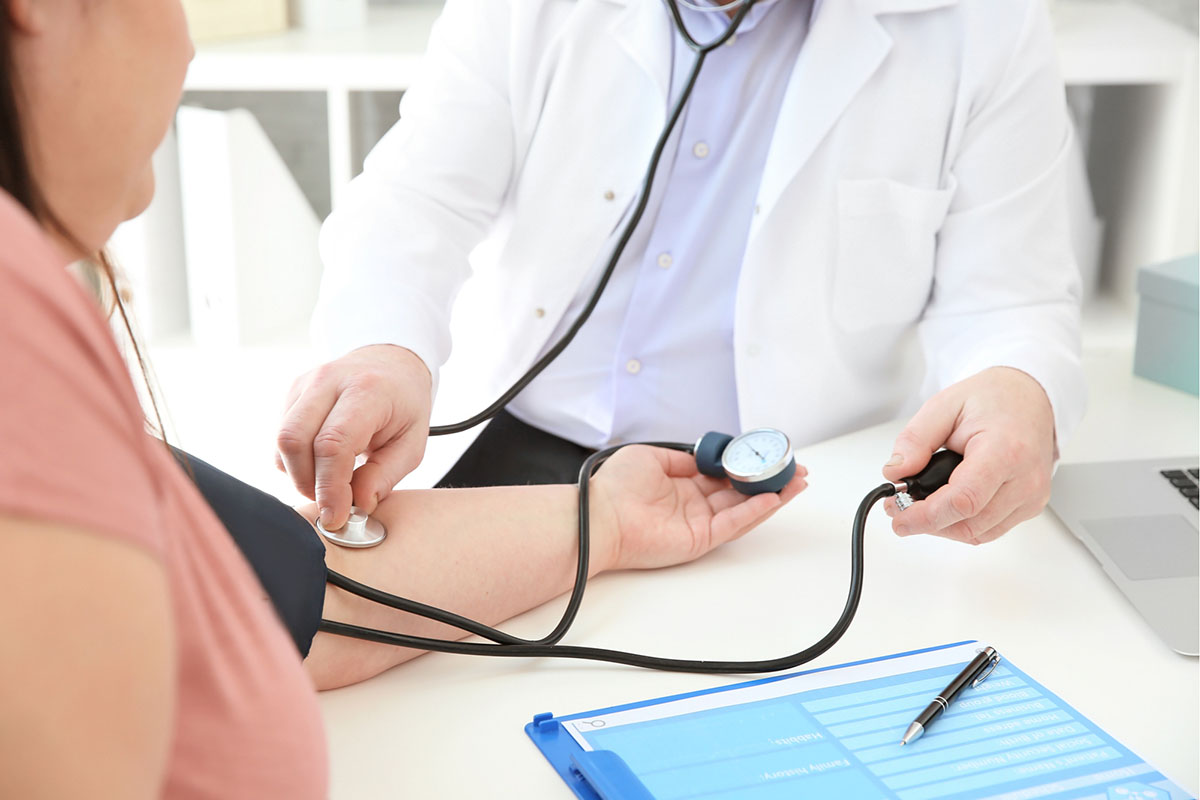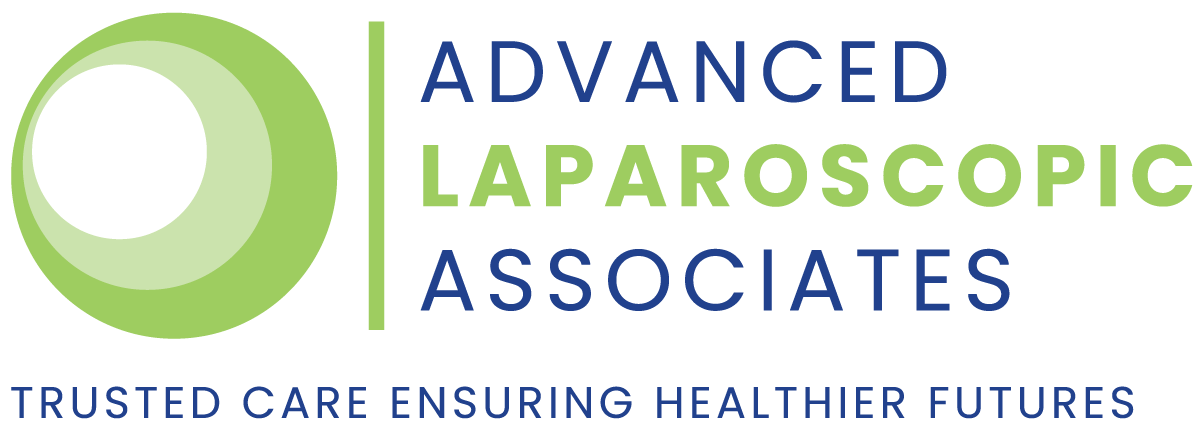The Link Between Obesity and Reduced Drug Effectiveness

Obesity and Heart Disease
According to the American Heart Association, at least 2.7 million Americans are living with atrial fibrillation, or aFib. Americans also suffer from an obesity epidemic, which is a major risk factor for heart disease. Heart disease then increases the chance for aFib, increasing the mortality rate (risk of death).
What is aFib?
aFib is an arrhythmia, or irregular heartbeat. aFib is the most common type of arrhythmia and is very dangerous. Normally, your heart contracts and relaxes at regular intervals – your heartbeat. In aFib, the upper chambers of your heart (the atria) beat irregularly (a quiver motion) instead of beating effectively to move blood into the ventricles.
Why is aFib dangerous?
If you have aFib, you are at increased risk of developing a blood clot. If a clot breaks off and enters the bloodstream, it can become stuck in an artery leading to the brain. This situation results in a stroke. Approximately 15–20 percent of people who have strokes suffer from aFib. Patients with aFib are put on blood thinner medications to reduce the risk of blood clots and stroke. Untreated aFib doubles the risk of heart-related deaths and is also associated with a five-fold increased risk for stroke, but many patients are still unaware that aFib is a serious condition.
Drug Effectiveness in Patients with aFib and Obesity
Obesity is a major risk factor for developing aFib. Recent research has shown that aFib drug effectiveness is decreased in patients with obesity, especially sodium channel blockers. The one exception is potassium channel blockers, which seem to retain their effectiveness. In studies, patients with obesity who were treated with potassium channel blockers showed fewer symptoms of aFib than those treated with other aFib drugs.
Many people with aFib are unaware they have the abnormality. Some have symptoms, such as nausea, weakness and a fast heartbeat, whereas others have no symptoms at all. If you suffer from obesity, you should talk with your doctor about checking for aFib and ways you can reduce your risk.
Obesity and Birth Control
Studies have also shown inconsistent results regarding the effect of birth control pills in women who have obesity, but findings point to less effectiveness. There are other options, both hormonal and non-hormonal, to consider that have proven to be more effective in women with a higher BMI, including:
- NuvaRing
- IUD
- Mirena
- Skyla
- Kyleena
- Paragard
- Ortho Eva Patch
- Injections
- Depo-Provera
- Noristerat progestin-only
- Combined contraceptive
- Nexplanon implant
- Condoms (male or female)
- Diaphragm
- FemCap cervical cap
- The sponge
- Spermicidal gel
- Tubal ligation/vasectomy
Your healthcare provider or gynecologist can help you find the best method of birth control for your situation. If your chosen birth control method contains hormones, check with your doctor or cardiologist if you also have aFib to be sure there are no harmful drug interactions.
Bariatric surgery has been shown to be the most effective long-term weight-loss treatment for people suffering from obesity. The health benefits of bariatric surgery are tremendous. ALA offers many weight loss surgery options. Request an appointment and one of our expert surgeons will discuss your case and recommend the right procedure for you. And, we’ll be with you every step of the way, from initial consultation to recovery and long-term monitoring.

